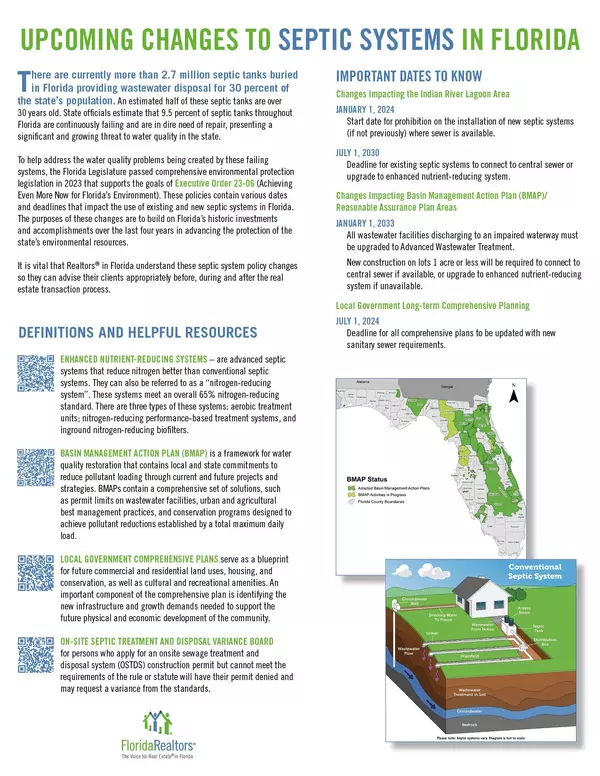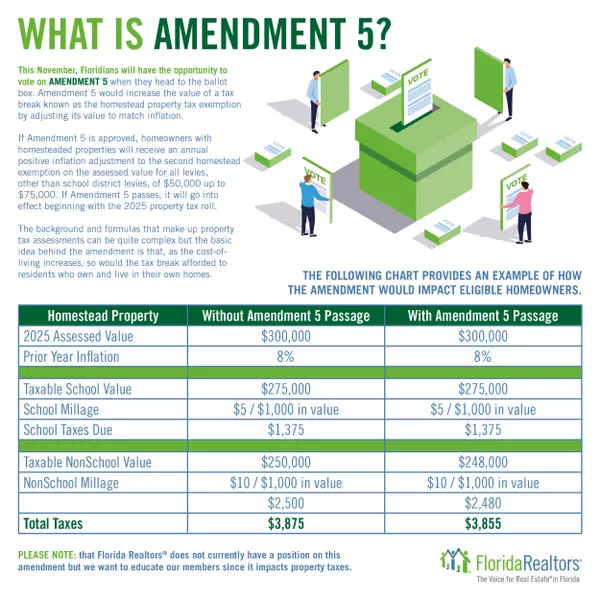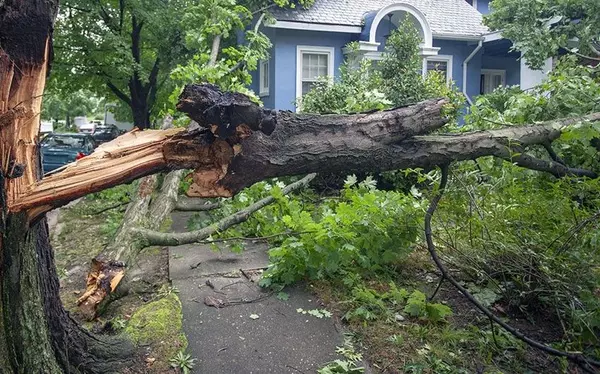5 Steps to Help Seniors Avoid Scams
More than 2 million people in the USA file fraud complaints each year, many of them in the Senior population. Here are 5 Tips that can help you identify a scam before falling victim:
1. Verify the Organization. Call them back. Scammers want to build your trust fast- preferably in a matter of seconds. They will often pretend to be from a government agency or another well known organization such as Apple, Medicare, Amazon or local utility companies. They often have your personal details that make them seem legitimate. Never give out your credit card, social security or medical details over the phone unless you are the one who initiated the call. You can hang up or stop replying then contact them using their website information.
2. Be Skeptical of Urgent Problems or Sudden Prizes. This could include a call about missed bill payments, back tax and family health emergencies, until now, you didn't know anything about. Be Alert! Scammers will offer prizes like Sweepstakes Winners and All Inclusive Vacations for a small fee to claim the winnings. Never give out credit card numbers or personal details in emails or over the phone during unexpected incoming calls.
3. Avoid Oversharing Personal Details Online. Scammers are experts at extracting information from you. They research their targets before hand and will know names, hometowns, family members or home purchase prices. Most of this information can be found online. This helps them win your trust. Avoid sharing personal details with anyone. Keep social media accounts private and never give anyone remote access to your computer or other devices.
4. Remember, There's Always Time to Double Check. Don't be pressured into making immediate payments. Scammers want you to react fast, before you realize they are illegitimate. They will threaten you with losses and jail time. If you feel nervous, pressured, or afraid of losing benefits during a phone call, it may be a scam. Even if something is urgent, there is always time for you to verify details online.
5. Pay With Credit Cards. Scammers often request specific forms of payment. Anytime someone asks to be paid quickly via wire transfer, gift cards or mail cash, it's probably a scam! Most legitimate organizations offer a variety of safe, traceable payment options and let you decide the best form of payments. Always use protected, traceable methods of payment. Using Credit Cards allows Seniors to dispute payments "after the fact" if a product is not delivered as advertised.
To Opt-Out of marketing calls and easily recognize scams, consider registering your phone number with the Do Not Call Registry at donotcall.gov. You can register all of your phone numbers. Don't be misled, your registration never expires.
Categories
- All Blogs (58)
- 1031 Exchange (2)
- downpayment assistance (4)
- first-time homebuyers (21)
- florida homes (39)
- Golf Course Homes (2)
- Home Maintenance (3)
- Home Safety (6)
- Homeownership (47)
- Hurricane Preparedness (3)
- Increase your home value (3)
- Landscaping Tips (2)
- mortgage (9)
- real estate investors (8)
- Real Estate Taxes (5)
- tips for buyers (26)
- tips for sellers (12)
- tips for seniors (17)
- veterans (22)
Recent Posts











